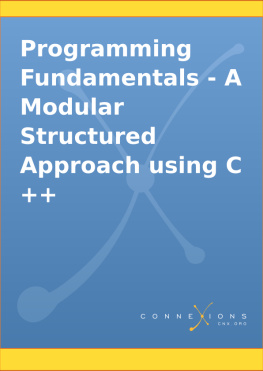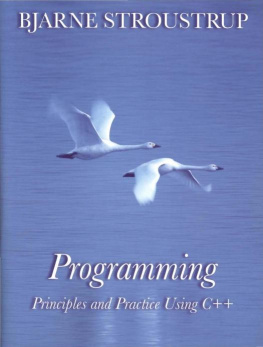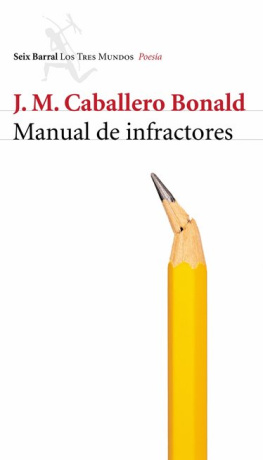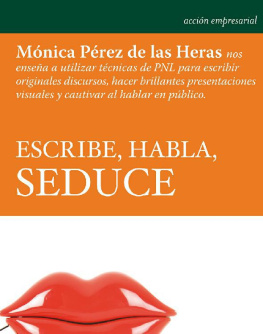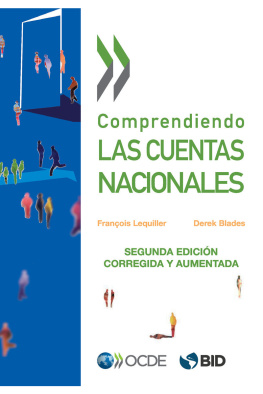Programming Fundamentals - A Modular Structured Approach using C++
By: Kenneth Busbee
Online:
This selection and arrangement of content as a collection is copyrighted by Kenneth Busbee .
It is licensed under the Creative Commons Attribution License: http://creativecommons.org/licenses/by/2.0/
Collection structure revised: 2010/06/06
For copyright and attribution information for the modules contained in this collection, see the "" section at the end of the collection.
Preface
1. About this Textbook/Collection
Programming Fundamentals A Modular Structured Approach using C++
Programming Fundamentals - A Modular Structured Approach using C++ is written by Kenneth Leroy Busbee, a faculty member at Houston Community College in Houston, Texas. The materials used in this textbook/collection were developed by the author and others as independent modules for publication within the Connexions environment. Programming fundamentals are often divided into three college courses: Modular/Structured, Object Oriented and Data Structures. This textbook/collection covers the first of those three courses.
Connexions Learning Modules
The learning modules of this textbook/collection were written as standalone modules. Students using a collection of modules as a textbook will usually view it contents by reading the modules sequentially as presented by the author of the collection.
However, the majority of readers of these modules will find them as a result of an Internet search. The Connexions Project allows the author of a module to create web links to other Connexions modules and Internet locations. These links are shown when viewing materials on-line and are categorized into three types: Example, Prerequisite and Supplemental. The importance of each link is numbered from 1 to 3 by the author. When viewing the module each links shows a three part box with yellow or white rectangles. All three yellow means it is a strongly related link . As the yellow decreases the importance decreases.
Students using this collection for a college course should note that all of the Prerequisite links within the modules will be modules that student should have already read and most of the Supplemental links will be modules that the student will read shortly. Thus, students should use Prerequisite links for review as needed and not be overly concerned about viewing all of the Supplemental links at the first reading of this textbook/collection.
Conceptual Approach
The learning modules of this textbook/collection were, for the most part, written without consideration of a specific programming language. In many cases the C++ language is discussed as part of the explanation of the concept. Often the examples used for C++ are exactly the same for the Java programming language. However, some modules were written specifically for the C++ programming language. This could not be avoided as the C++ language is used in conjunction with this textbook/collection by the author in teaching college courses.
Bloodshed Dev-C++ 5 Compiler/IDE
This open source compiler/IDE (Integrated Development Environment) was used to develop the demonstration source code files provided within the modules of this textbook/collection. The compiler/IDE is presented to the student in the second module of Chapter 1, with instructions for downloading, installing and using the compiler/IDE. A more complete explanation of the IDE along with demonstration source code listings with errors is presented in first module of Chapter 5. All of the source code files provided in this textbook/collection contain only ANSI standard C++ code and should work on any standard C++ compiler like Microsoft Visual Studio (which includes C++), Microsoft Visual C++ Express or Borland C++ Builder.
Instructor Materials
Encrypted instructor materials are available in a module that is not part of this collection. Its title: Instructor Materials for: Programming Fundamentals - A Modular Structured Approach using C++ is available at: http://cnx.org/content/m34529/latest/ and the encryption code is only available to educational institutional faculty that are considering adoption of this collection as a textbook.

